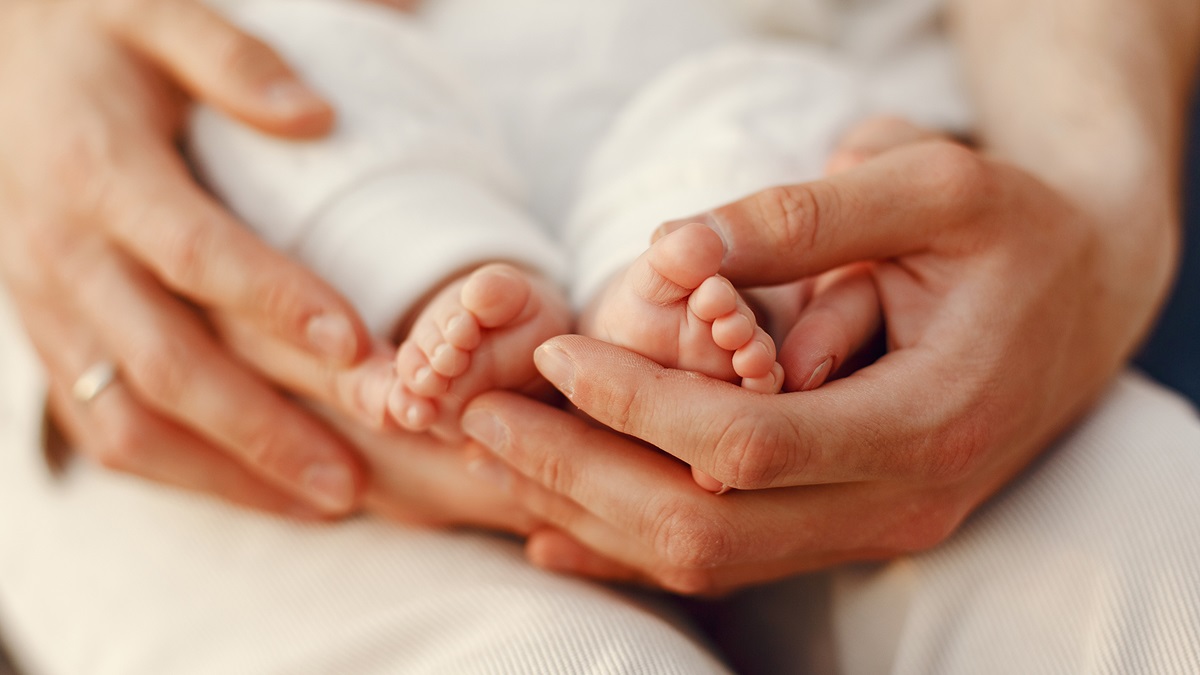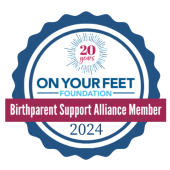How Do We Know If We’re Ready to Adopt a Baby

Understanding the Infant Adoption Process
Signs a Family Is Ready for Adoption
1. A Strong, Unified Desire to Adopt
2. Emotional Readiness for Adoption’s Unique Dynamics
3. Financial Preparedness for the Adoption Process
- Researching grants and loans available for adoption
- Setting up a savings plan for adoption costs
- Looking into employer benefits for adoptive parents
4. Understanding the Home Study Process
- Background checks, medical report, and references
- Home visits to ensure a safe and stable environment
- Parenting education and interviews
5. A Desire for Open Adoption
6. A Realistic Understanding of Adoption Challenges
- Uncertainty in the process – Adoption timelines vary, and matches are never guaranteed. Families must be patient and flexible.
- Emotional complexities – Birth parents may have a change of heart, and adoptive families must be prepared for possible disappointments along the way.
- Parenting an adopted child – Every child processes adoption differently, and there may be questions about identity and belonging as they grow.
7. Support from Family and Friends
- Talking openly with loved ones about the decision to adopt
- Sharing resources or personal stories to help them understand adoption better
- Asking for practical and emotional support throughout your adoption journey
8. Openness to Adoption Education
- Attending adoption workshops or webinars
- Reading books and articles from adoptees and birth parents
- Speaking with other adoptive families about their experiences
Overcoming Common Adoption Concerns
- Will We Bond with an Adopted Baby the Same Way?
A natural concern for adoptive parents is whether they will feel the same bond with an adopted child as they would with a biological child. Research shows that attachment is built through consistent, loving care. Responding to the baby’s needs, holding, talking, and being present create a deep and lasting connection.
- How Will We Talk to Our Child About Adoption?
Honesty and openness are key. Adoption is not a one-time conversation but an ongoing discussion that evolves as the child grows. Parents can use age-appropriate language and adoption-positive books to help normalize the topic. The goal is to ensure that your child never recalls a time where they did not know they were adopted.
- What If Our Adopted Child Struggles with Identity?
As children grow, they may have questions about their background, birth family, and where they belong. Creating a safe space for these conversations, encouraging cultural connections if applicable, and reassuring them of their place in the family can help them feel secure and valued. Make sure your child knows that they can always ask questions or come to you for support.
- How Do We Handle Questions from Others About Adoption?
Friends, family, or even strangers may ask intrusive or insensitive questions about an adopted child’s background. Preparing thoughtful yet firm responses can help set boundaries while also educating others about adoption in a respectful way.
Facing these concerns is a natural part of the adoption process, and with the right support, they become easier to navigate. Taking the time to prepare, ask questions, and embrace each step with patience helps build a strong foundation for both parents and child.
Are You Ready to Adopt A Baby? Take the First Step
For those who feel ready to adopt and take the next step in private infant adoption, connecting with an experienced adoption professional is the best way to get started. Our team at Adoption Center for Family Building provides guidance, resources, and support for both adoptive parents and birth families. If you’re considering adoption, contact us to learn more about how we can help.



